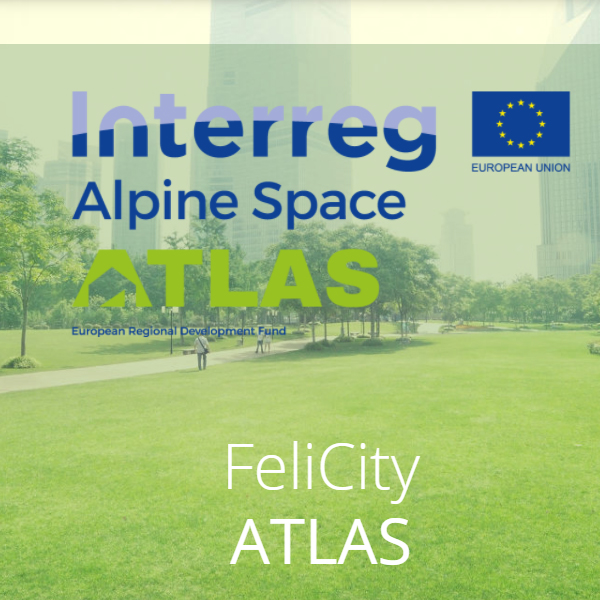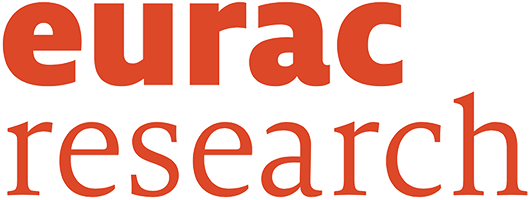The two parallel workshops will take place on Wednesday, April 14th at 17.00h.
Register to the conference to have free access!
Historic Buildings Retrofitting 4.0: The Potentials of Simplified Digital Twins in Low Carbon Retrofitting of Historic Buildings

Retrofitting the heritage buildings (listed or not) is a complex task due to legal, financial and technical barriers. The decision makers often lack a holistic view about the condition of the existing building stock in their jurisdiction, possible renovation options and the impact of the renovation actions on the overall sustainability performance of the building stock.
Within the ATLAS research project, the FeliCity-ATLAS online tool was developed.
The tool provides a simplified digital twin version of the built environment and allows the user to conduct an energy performance analysis at various spatial scales (single, or portfolio of buildings). In this Workshop we are going to present the FeliCity-ATLAS tool, have a hands-on testing of it and discuss its possible utilization in real life case studies.
Moderator: Ahmed Khoja – Hochschule München / University of Applied Sciences (HM)
Balancing heritage preservation, local RES potential and BIPV technology exploitation

BIPV (Building Integrated Photovoltaics) systems represent a technical solution to integrate RES (renewable energy sources) in buildings by using products that serve both as building envelope component and as power generation systems at the same time.
PV integration in historic buildings and heritage contexts need to carefully balance both technical and aesthetic aspects.
By using an exemplary case study, this workshop aims at highlighting the interdisciplinary activities and heterogeneous expertise required for the adequate introduction of BIPV technologies in heritage contexts.
Starting from heritage classification and constraints detection, the workshop will address the problem of electricity load profiles generation, proposing a methodology based on clustering population characteristics and specific building typologies. Then, it will be explored both barriers and potential for hidden coloured BIPV technologies. Finally, a methodology for fine-tuning consumption and potential production will be presented, performing techno-economical optimisation for different design choices.This workshop is developed within the context of the BIPV meets History project.
Moderator: Francesco Causone, PhD – Associate professor at Energy Department, Politecnico di Milano
Cover image: Infographic vector created by vectorjuice – www.freepik.com

